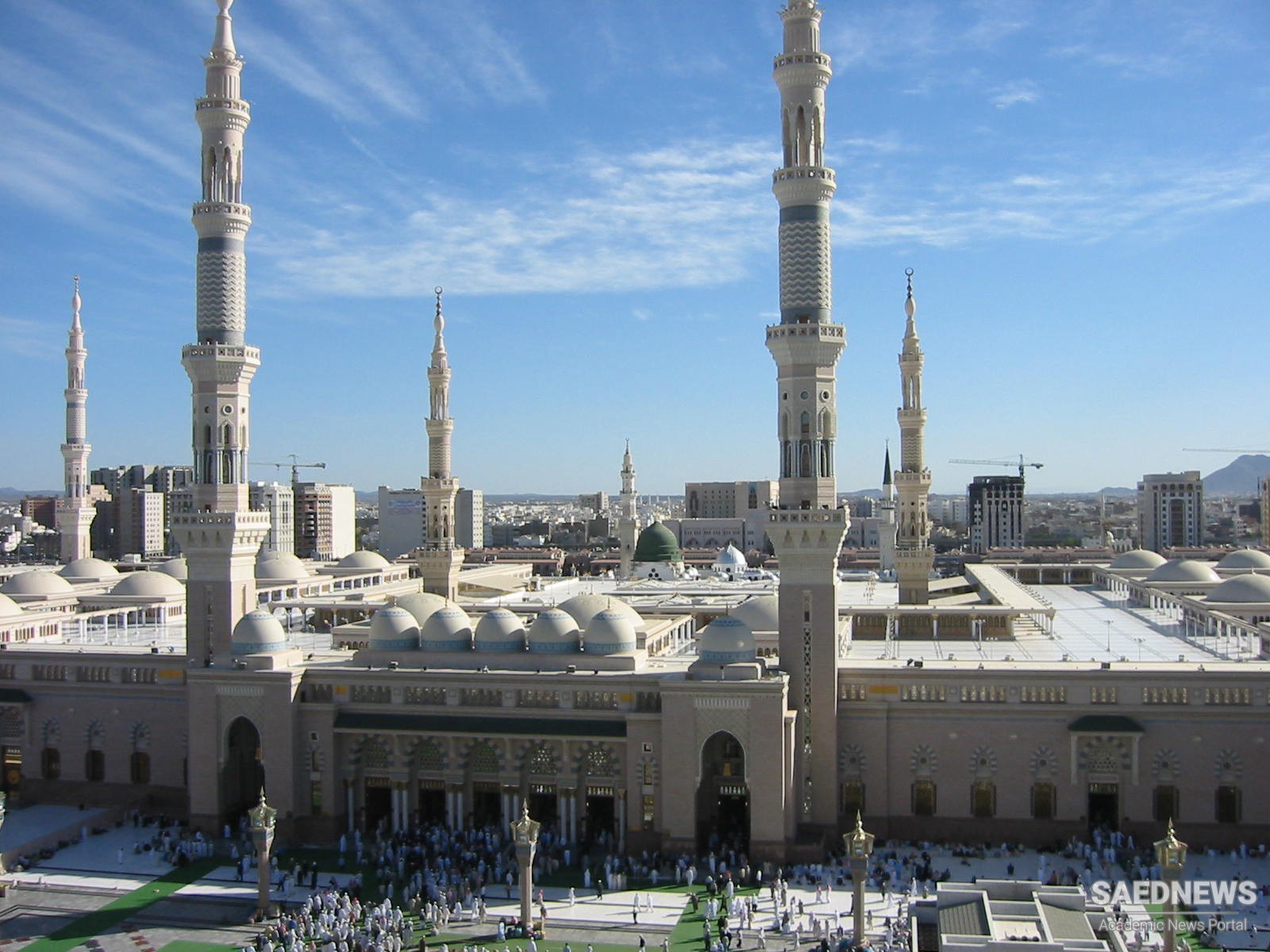In Muslim thought, the notion of an afterlife is not only seen as giving meaning to what is a short-lived stay on this earth—with all that it entails of seemingly inexplicable human suffering, loss, and death—but it also places humankind within a divine plan, which endows them with a sense of purpose and an ultimate destiny.
The knowledge of a future life beyond death, the quality of which will be determined by the moral quality of one’s life on earth, has served to instill in Muslims a constant awareness of both the precarious nature of this existence and the urgent need to prepare for that future one. This urgency had manifested itself from the outset, both in the revealed text of the Quran, the foundation stone of all Muslim dogma and ritual, and in the formative intellectual history of the community.
According to Muslim tradition, the revelations of the Quran—that is, the verses (ayat) that make up the chapters (surahs)—are ascribed to one of two periods of Muh: ammad’s prophetic career, the earlier Meccan period and the later Medinan one. The apocalyptic passages and images in the Quran that herald the coming of the next life belong primarily to the former.
Indeed, they constitute one of the most salient features of the earlier phase of Muh: ammad’s preaching, testifying to the importance of the notion of an afterlife within the overall framework of the Quranic message.


 Kabbalistic Views of Afterlife
Kabbalistic Views of Afterlife














































